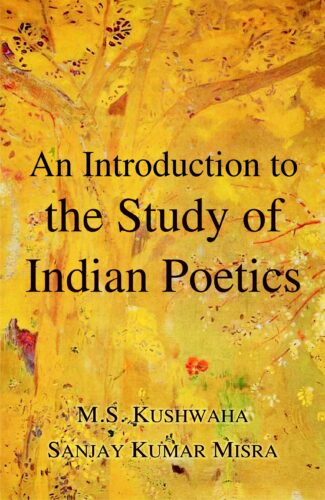

An Introduction to t...
An Introduction to the Study of Indian Poetics
by: Mahesh Singh Kushwaha , Sanjay Kumar MisraOriginal price was: ₹600.00.₹540.00Current price is: ₹540.00.
ISBN: 9788124609583
Year Of Publication: 2021
Edition: 1st
Pages : xiv, 168
Bibliographic Details : Bibliographical references and index.
Language : English
Binding : Hardcover
Publisher: D.K. Printworld Pvt. Ltd.
Foreword By : Kapil Kapoor
Size: 23cm
Weight: 282
The book aspires to do for Indian poetics what Hudson’s book, An Introduction to the Study of English Literature did for English literature, though in a totally different manner and style. It provides the student with the essential knowledge about almost all aspects of Indian poetics. Based on the original Sanskrit sources, it presents the necessary information lucidly in precise and clear terms. Each chapter is self-contained and complete in itself, with explanatory notes, and a bibliography of relevant works. The Sanskrit terms used in the text are invariably explained or provided with English equivalents.
For quick reference, “A Glossary of Sanskrit Literary Terms” is given in the Appendices, which contain also “A List of Noted Indian Poeticians (including commentators) and Their Works” and “Notes on Major Texts in Indian Poetics”.
This handy volume, with its unique features, will prove invaluable to those who are going to embark on the study of Indian poetics, especially the ones who have no Sanskrit background. To a devoted student, it will prove a useful companion during his/her further studies.
Foreword – Kapil Kapur
Preface
Scheme of Transliteration
I. Introduction
1. What is Meant by Indian Poetics?
2. A Historical Sketch of Indian Poetics
3. The Theoretical Framework of Indian Poetics
II. Kāvya: Some Preliminary Considerations
4. Meaning and Classification of Poetry (Kāvya-Bheda)
5. The Definition of Poetry (Kāvya-Lakṣaṇa)
6. Causes or Sources of Kāvya (Kāvya-Hetu)
7. The Purpose of Kāvya (Kāvya-Prayojana)
III. The Problem of Meaning in Kāvya
8. Power or Function of Words in Poetry
(Śabda-Śakti or Śabda-Vyāpara/Śabda-Vr̥tti in Kāvya)
IV. Major Literary Theories
9. The Alaṁkāra Theory
10. The Rīti Theory
11. The Dhvani Theory
12. The Rasa Theory
I Bharata’s Exposition of Rasa
II Interpretations of Bharata’s Rasasūtra 13. The Vakrokti Theory
14. The Theory of Aucitya
V. Major Literary Concepts
15. Sādhāraṇīkaraṇa
16. Sahr̥daya
17. Pratibhā
18. Kāvya-Guṇa
19. Kāvya-Doṣa
VI. Appendices
1. Notes on Major Texts in Indian Poetics
2. Noted Indian Poeticians and their Works
Including Some Commentators
3. A Glossary of Sanskrit Literary Terms
Afterword
Select Bibliography
Index






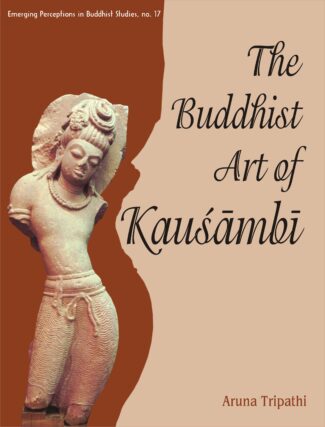
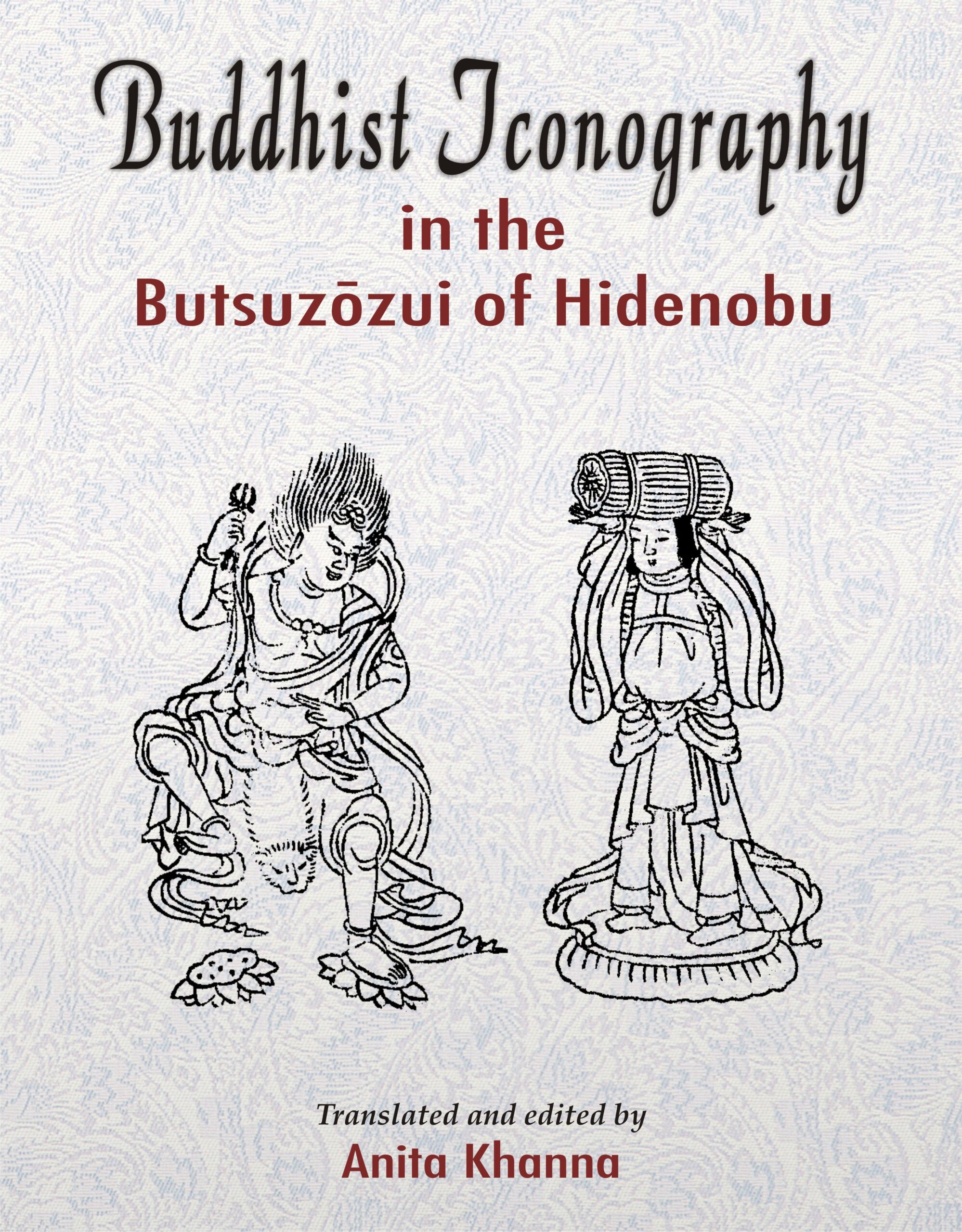
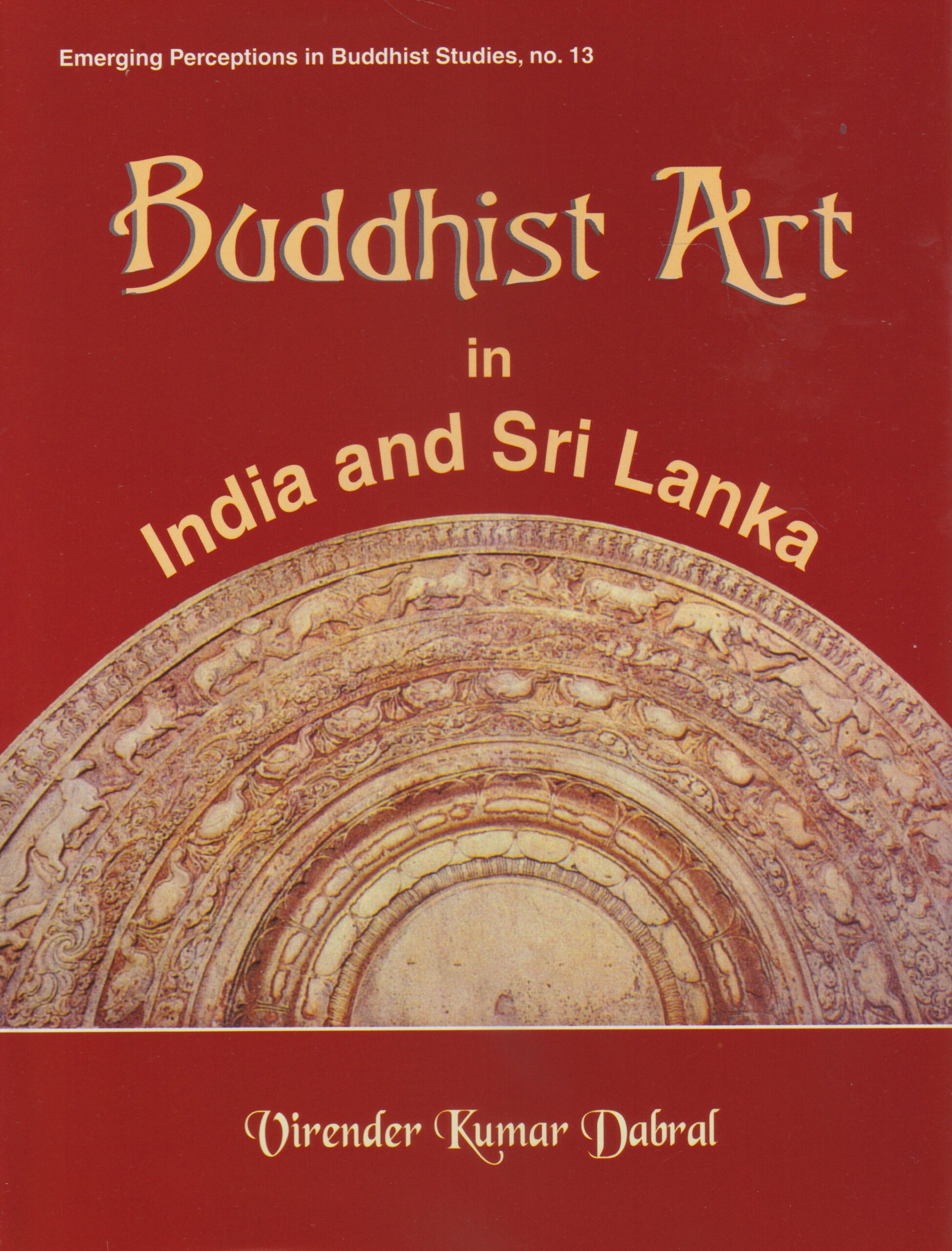
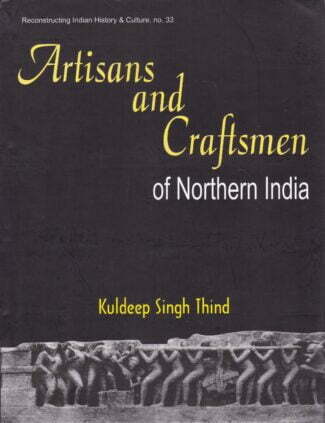
There are no reviews yet.